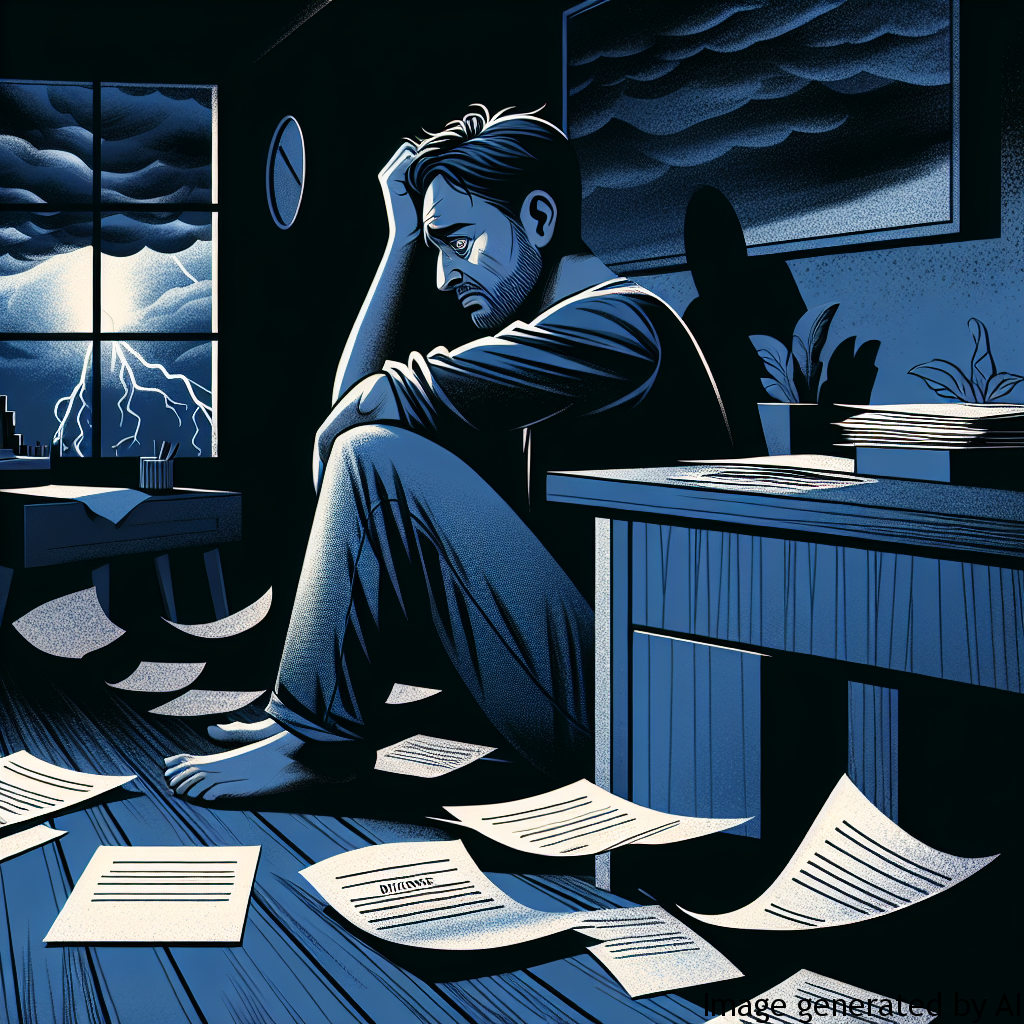Introduction
The issue of divorce is one that impacts individuals regardless of gender. However, it’s important to remember that the way people experience and process these endings often differs, especially based upon culturally-defined gender roles and expectations. Specifically, the impact of divorce on men’s mental health is a topic that merits detailed exploration, mainly due to the societal expectations imposed on men and the suppression of their emotional expression. This article aims to shed light on how divorce impacts men’s mental health, altering societal expectations, and developing strategies to handle the stress more productively.
The Gender Expectations and Their Impact on Men’s Mental Health
Societal gender norms and expectations play a significant role in men’s mental health. Males are frequently socialized to suppress their feelings, remain stoic, and avoid demonstrating vulnerability. This socialization exacerbates the mental health challenges that arise from stressful life events such as divorce.
Emotional Suppression and Detachment
Men are often conditioned to suppress their emotions or feelings as a sign of strength. This expectation can result in decreased emotional expression after a divorce, leading to depression or unprocessed grief. These unattended emotional issues can have severe long-term repercussions on a man’s mental health post-divorce.
Isolation
Another noteworthy factor relates to social isolation. Men often rely on their spouse as their primary emotional support network. After a divorce, men can experience an intensified sense of isolation, leading to increased likelihoods of anxiety and depression.
Examples of How Gender Roles can Impact Men’s Life
Enforced masculinity norms can shape men’s experiences during and post-divorce. Whilst these norms vary between cultures and contexts, a common thread is the pressure for men to be emotionally detached and independent. The pressure to ‘bounce back’ from a divorce without allowing oneself to grieve can lead to developing unhealthy coping mechanisms, such as substance abuse. Furthermore, the absence of strong social support networks due to gender norms exacerbating isolation can further hinder the mental health recovery process.
Tips to Improve Mental Health Considering Gender Roles
Undoubtedly, embracing vulnerability and cultivating emotional intelligence are crucial steps towards improving men’s mental health post-divorce. Encouragingly, the societal narrative around mental health is changing, and emotional transparency is increasingly seen as strength rather than weakness. A few practical tips include:
- Break the Silence: Encouraging open conversations about emotions, feelings, and mental health can help men feeling less isolated and better equipped to face challenges head-on.
- Seek Professional Help: Therapists and councillors can provide a safe environment for processing emotions and developing healthier coping mechanisms.
- Build a Support Network: Cultivating a strong support network can provide men with the resources they need to navigate through the divorce and the associated emotional turmoil.
- Self-Care: Prioritizing physical health through regular exercise and good nutrition can help develop emotional resilience.
Conclusion
Divorce imposes significant mental health challenges on both men and women alike. However, the social constructions around masculinity and emotional expression often heighten these challenges for men. Acknowledging this disparity and encouraging emotional transparency and self-care whilst challenging harmful gender norms can go a long way in fostering healthier post-divorce outcomes for men. Mental health care isn’t a privilege; it’s an essential facet of human well-being, and everyone deserves access to it, regardless of their gender or marital status.

